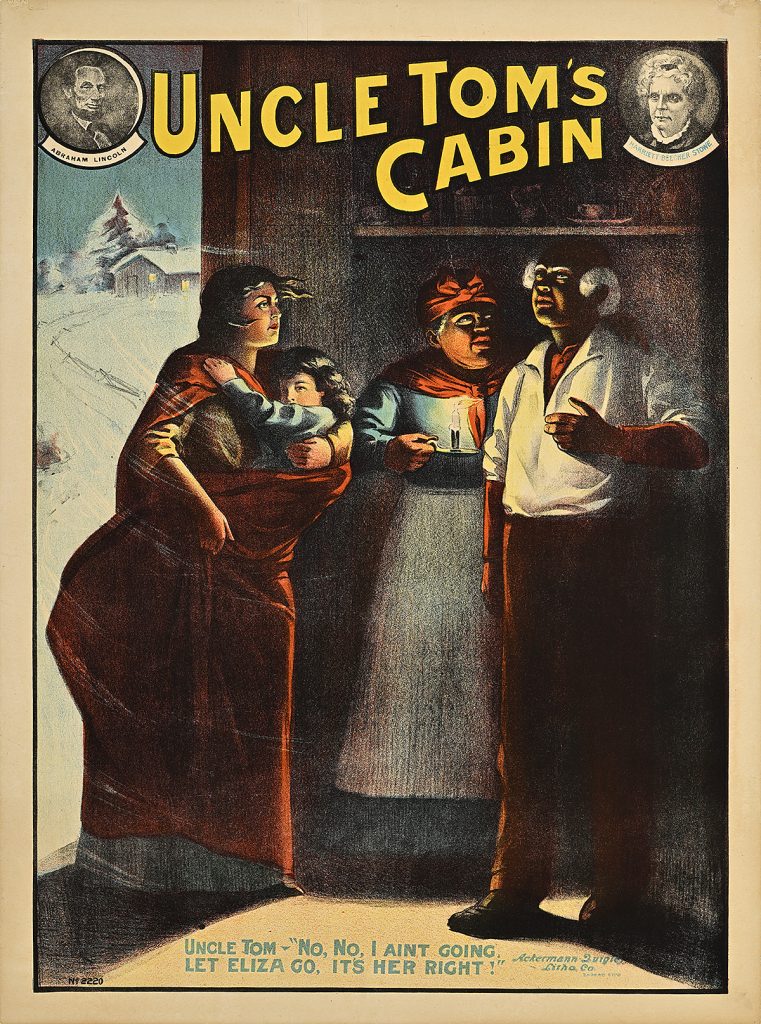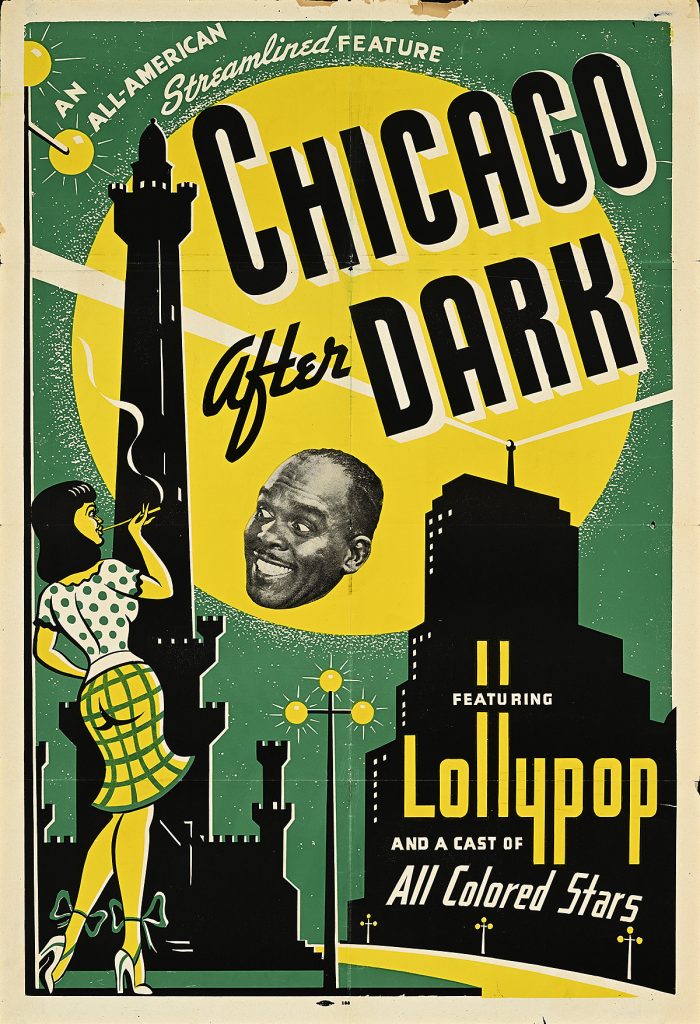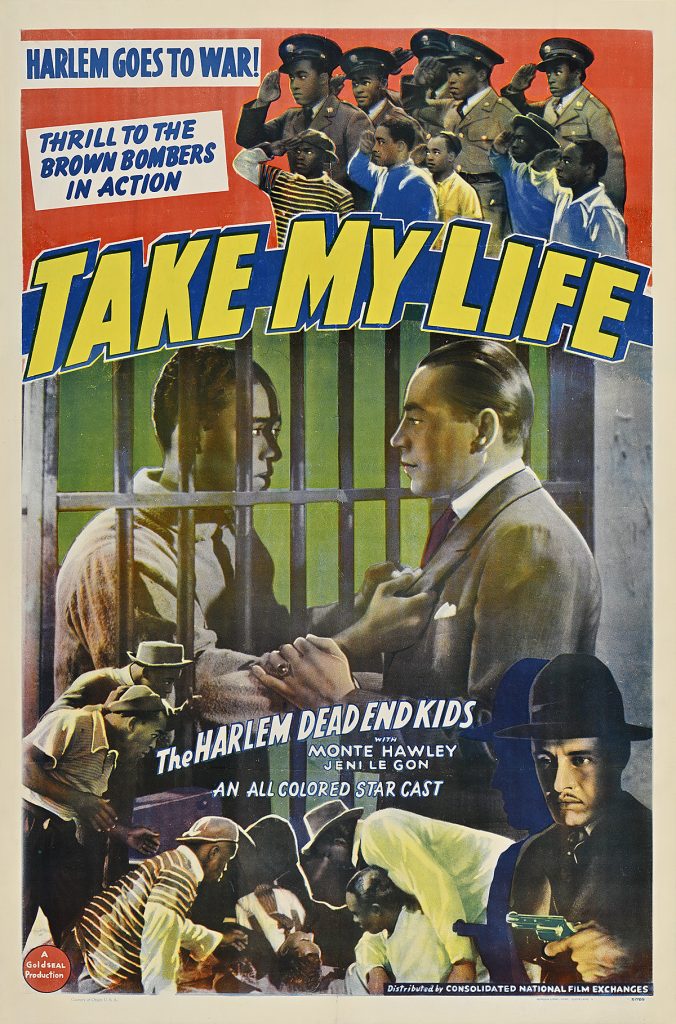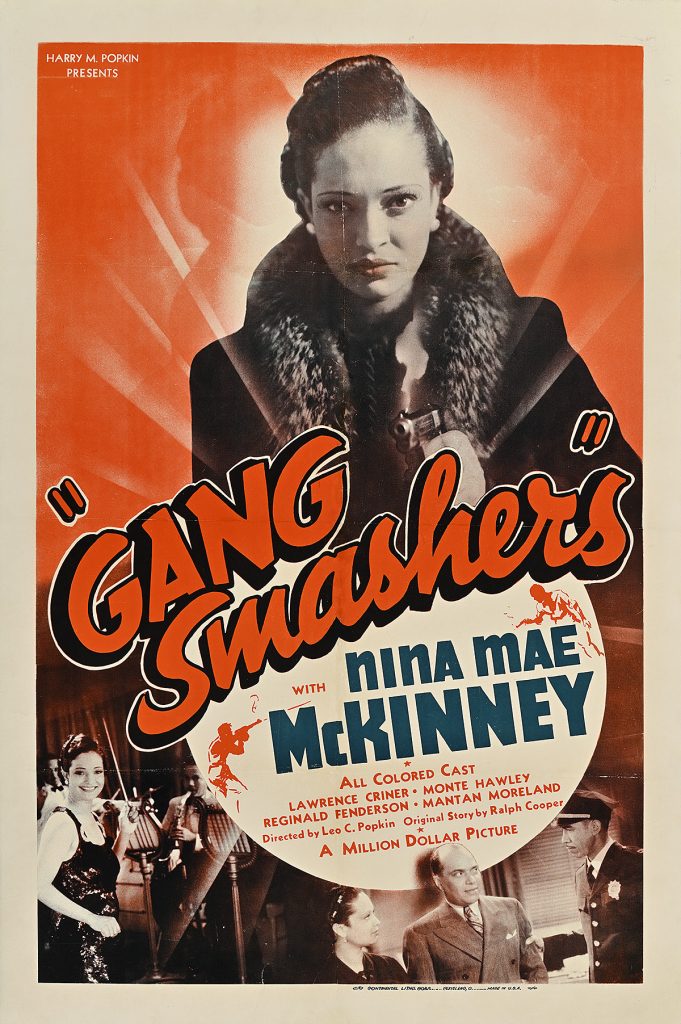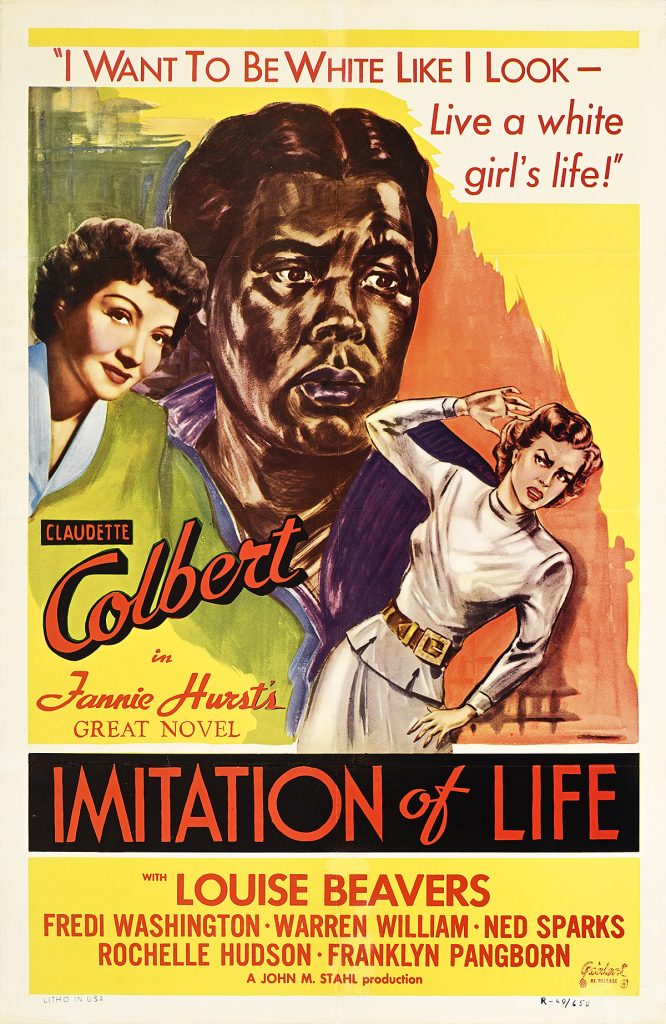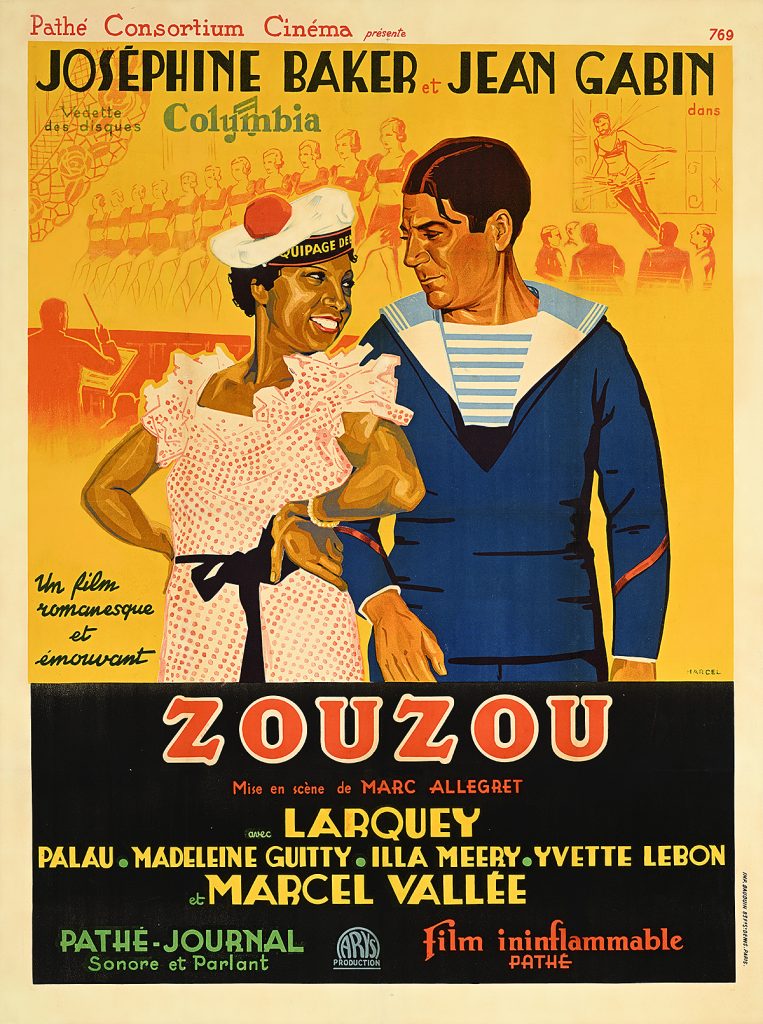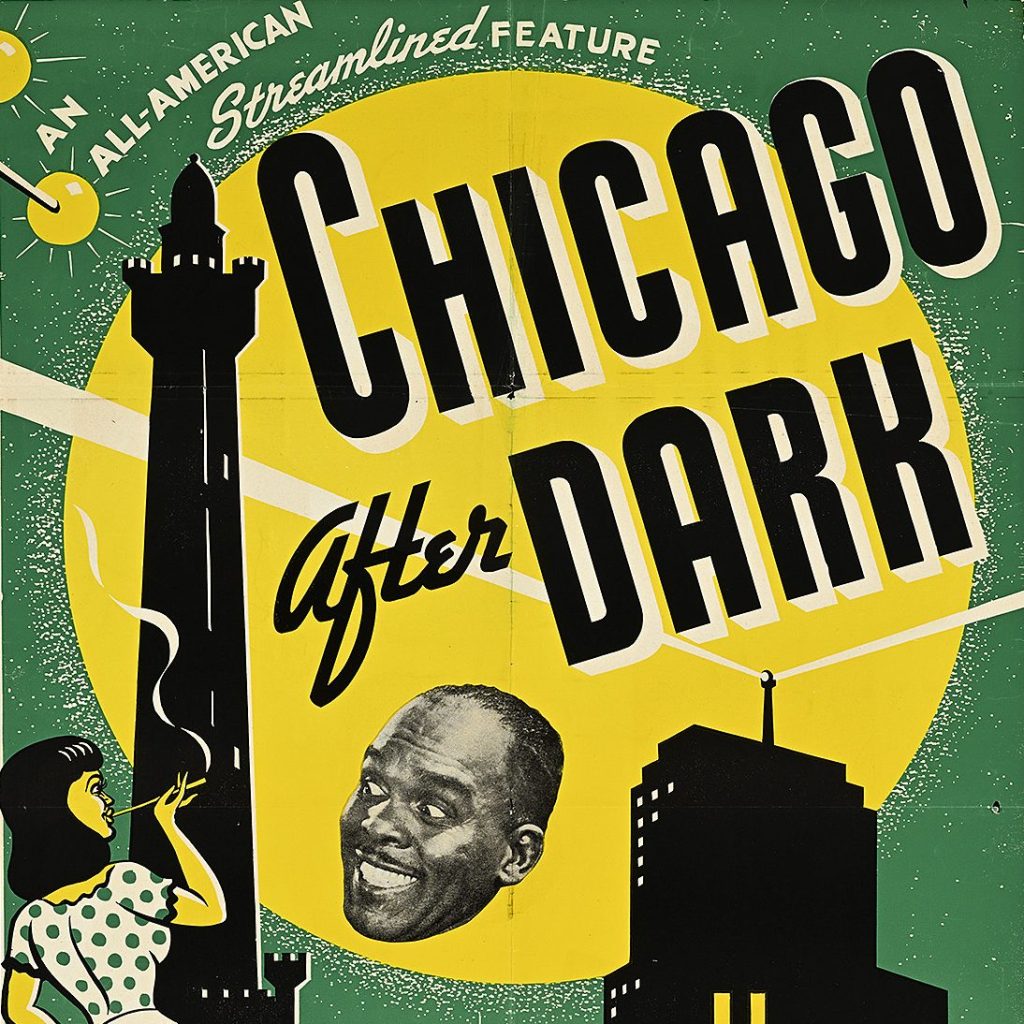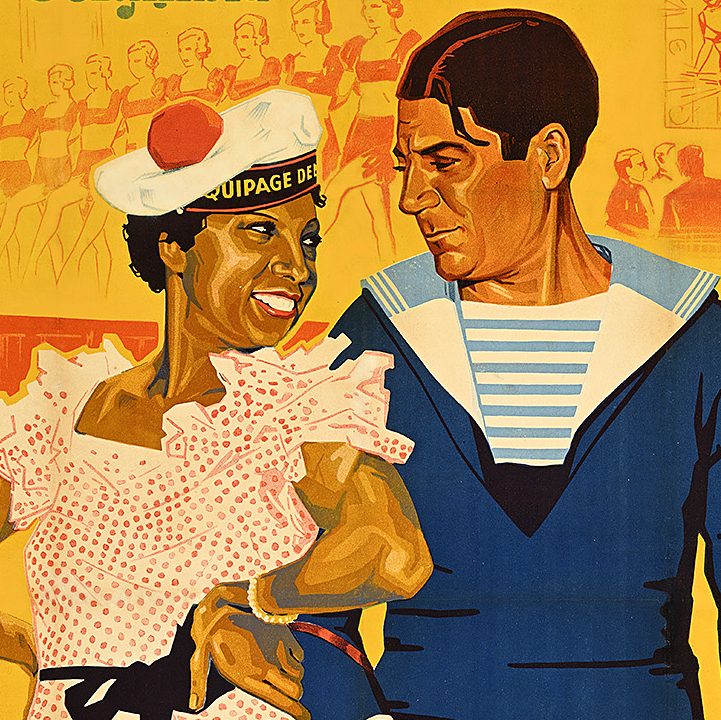Act Black: Posters from Black American Stage & Screen
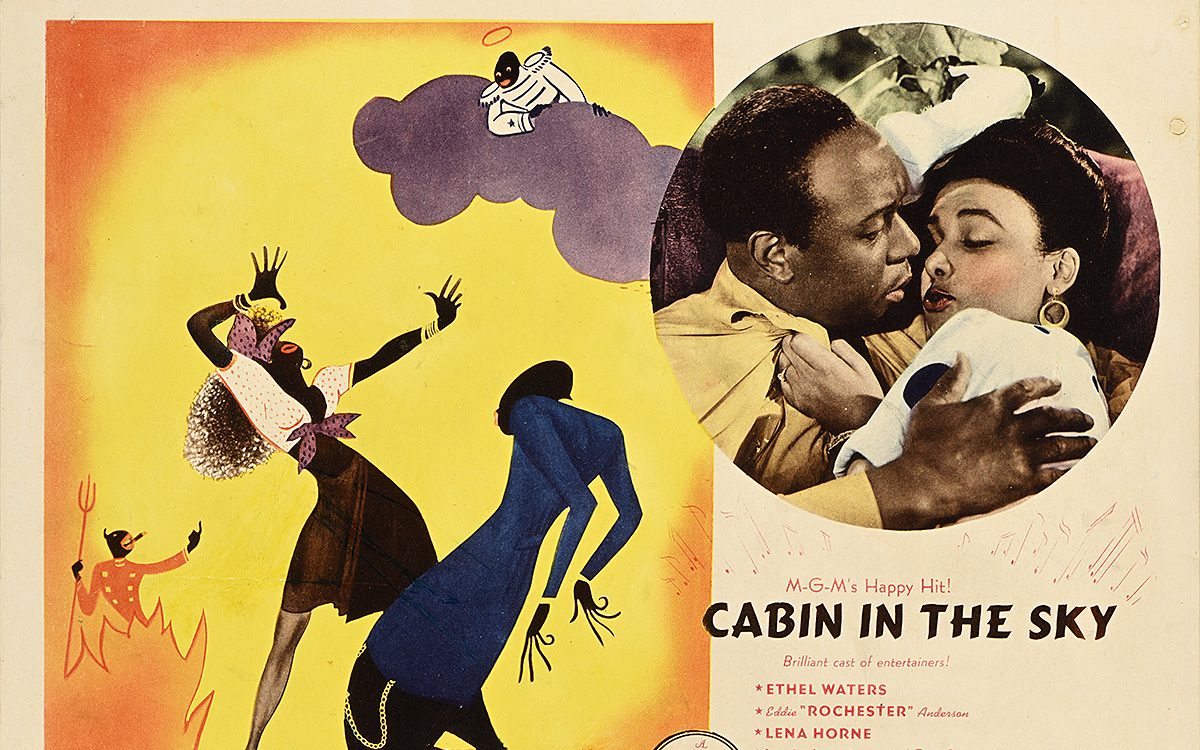
Starting in the 1880s, Black performers and those invested in telling stories centering Black people attempted to counter the dehumanizing and harmful stereotypes used to portray Black characters. Shows began touting “All Colored Revues” to indicate that a cast was made up of actual Black performers rather than white people in blackface and that these spectacles aimed to build stories around the perception of Black experiences. Although these performances were sometimes flawed and even overtly prejudiced, they represented a significant form of Black American cultural development and expression. Playwrights and composers also expanded the ways in which Black humanity was represented on stage, adding emotional depth and a range of perspectives. Movies gradually replaced theater as the most popular form of entertainment during the 1920s, reaching wider audiences and introducing narratives that exercised the storytelling abilities and talent of their “All Colored Casts.”
Since theatrical performances were rarely recorded and many of the movies that featured all-Black casts are now considered “lost films” (films for which no copy is known to survive), advertising posters often provide the only remaining evidence of the most important productions featuring Black performers between the 1870s and the 1940s. The posters in this exhibition allow viewers to consider how Black storytelling was transferred and transformed during its transition from stage to screen. They also document aspects of the historic innovations of playwrights, composers, directors, and producers for Black actors as they sought to represent life and experiences for Black audiences through their own creative perspectives.
This exhibition would not be possible without the generous collaboration of The Black Canon Collection, Detroit, MI.
This program is supported, in part, by public funds from the New York City Department of Cultural Affairs, in partnership with the City Council, and the New York State Council on the Arts (NYSCA).
It is also supported by Norman K. and Katharine A. Meyrowitz.




